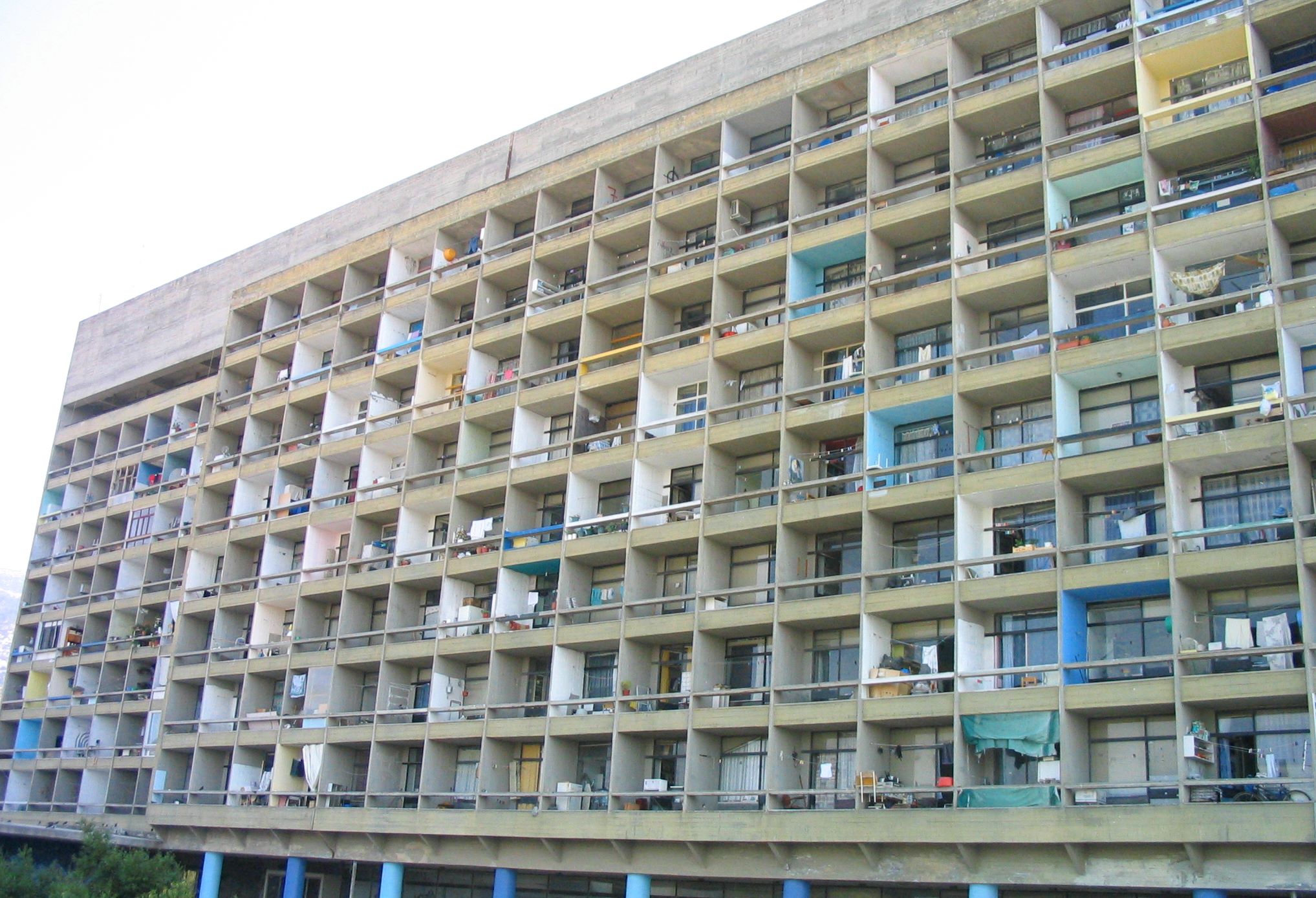The chronic underfunding of student dormitories has perpetuated longstanding problems, rendering the provision of free student housing ineffective. Abandoned structures, insufficient equipment, poor maintenance, and the absence of heating and air conditioning systems have collectively deteriorated the living conditions for students.
“The situation is becoming drastically worse.” Giannis Bistarakis, a student at the School of Electrical and Computer Engineering at the National Technical University of Athens, residing in the new dormitories in the area of Zografou, doesn’t mince his words. Staying for his 6th year in the complex of 15 buildings of the new dormitories, he observes “increasing problems regarding hot water and food. The dormitory faces neglect and underfunding.”
This picture of neglect is witnessed by young people whose financial weakness and exorbitant rents force them to stay in the small room of a student dormitory, often experiencing ‘third-world’ conditions. The problems are perennial and persist. Inadequate maintenance, broken doors, non-functioning elevators, damaged pipelines, lack of heating and cooling are some of the issues they face.
As Giannis Bistarakis points out, the facilities guaranteeing hot water and heating operate with makeshift solutions. “Many buildings remain without heating during winter or without hot water for three months. Even without cooling during summer when the rooms are boiling,” he declares.
There are numerous problems, and their resolution is delayed or never occurs when the cost is high. “A repair that costs a lot doesn’t happen. I changed rooms four months ago because the main drain had broken and was flooding. This would cost around 3,000-4,000 euros to fix, so the room just became useless. The plumber told me not to hope for a solution because the same problem has existed in another building here for 5 years,” explains the student of NTUA.
What do the residents do when they know that the solution from the administration will be delayed? The answer is solidarity but also individual responsibility: “When a student doesn’t have hot water, they’ll either go to a friend’s room or heat water in a kettle to take a bath. For heating, most people buy electric heaters that provide enough warmth. You can’t do much else. You simply accept it.”
Maria Gkerki, studying Conservation of Antiquities and Works of Art at the University of Western Attica and living in the old dormitory of the NTUA (National Technical University of Athens) since 2019, presents to “Vima” the neglect experienced in the building constructed in 1974. “The problems are numerous. It’s been at least 10 years since anyone came to fix anything here. The elevators from July 2020 until August 2021 didn’t work at all, resulting in many people with mobility issues being confined to their rooms for months. The elevators continue to systematically break down, and there have been incidents where students were inside when they fell. Some of them left. After the June 2022 exams, the cafeteria closed for the summer and never reopened. Since then, we haven’t had catering.”
The problems don’t stop there: “We have no heating at all, we never did. We have our own electric heating, but when many people turn them on together, the general electricity goes out. The showers on two floors don’t work, and half of the rooms in the building don’t have water, and students carry water in containers to brush their teeth or wash dishes. A sewage pipe broke, and it was never fixed.”
Maria vividly recalls a distressing encounter with the Crime Prevention and Suppression Units (OPKE), an event that has since left her grappling with post-traumatic stress. “In September 2022, at dawn, OPKE forcefully entered our dorm, breaking doors and rounding up students at gunpoint. We were made to kneel with our hands behind our heads, bewildered and terrified. Even now, encountering the police fills me with fear.”
This narrative illustrates the hardships and neglect experienced by students living in university dormitories, highlighting issues ranging from infrastructure problems to security concerns, impacting their daily lives and well-being.
As explained by Andreas Boudouvis, former dean of the NTUA (National Technical University of Athens), the old dormitory building has not been maintained for years: “The dormitory has ceased to accept students for the past two years. Now around 180-190 students stay there. Their stay there is dangerous. Some of them will graduate soon, which might help ease the load, but for those entitled to stay in the dormitory and must leave, the state should provide them with alternative accommodation until they finish their studies.”
He underlines that a program was planned and initiated for these students by the Foundation for Youth and Lifelong Learning (INEDIVIM), which also manages the operation of the dormitories, to sign contracts with hotels in Athens so that the students have some other shelter. However, he admits that “these contracts had some drawbacks and did not materialize.”
The renovation process is expected to start in mid-2024. “The reconstruction of the dormitory project will take about a year and a half with management shifting to a private contractor who will take on the project for 30 years,” notes Andreas Boudouvis.
However, this causes stress among students worried about being displaced during exams and facing uncertainty about housing.
Dori Klogiri, a student at the University of Athens, lives in FEPΑ’s Ilisia student dormitory says that despite there being better conditions compared to other dorms, there are persistent issues. Repairs take a long time.The students themselves vitalize the dorm through cultural events and classes. An association works to improve conditions, though Dori suspects authorities might aim to shut down or privatize the dorm by neglecting it. Despite challenges, the dormity remains crucial for students’ studies.
The University of Athens is currently renovating one of its four dormitories, which remains closed for this reason, and is also discussing the construction of a new modern dormitory in the Zografou University Campus area and is seeking funding for this purpose.




